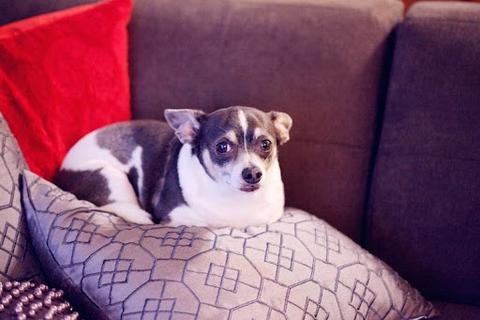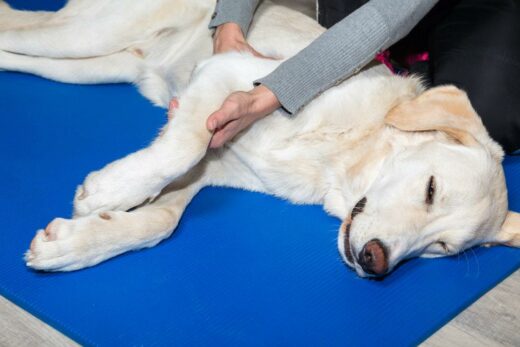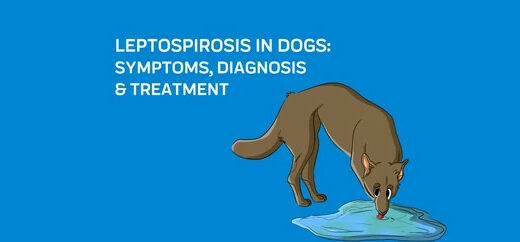
Brachycephalic Obstructive Airway Syndrome or Brachycephalic Airway Syndrome is a condition suffered by many flat-faced aka brachycephalic dogs. Some of the symptoms can cause them a great deal of distress, as well as their owners. Fortunately, there are some amazing discoveries in the world of herbal and plant medicine that can help our short-nosed friends live happier and healthier lives.
What is Brachycephalic Airway Syndrome?
Often seen as BOAS or BAS, Brachycephalic Obstructive Airway Syndrome is the name for the difficult breathing conditions many brachycephalic dogs face. It can involve one or more of the following issues:
- Stenotic (narrowed) nares (nostrils)
- Elongated soft palate
- Everted laryngeal saccules
- Hypoplastic (undeveloped) trachea
Symptoms of Brachycephalic Airway Syndrome in dogs include:
- Snorting
- Loud snoring no matter the position they are in
- Coughing
- Gagging
- Regurgitation or vomiting
- Troubles when eating
- Intolerance to exercise

Dog Breeds Commonly Affected by Brachycephalic Airway Syndrome
According to the American Kennel Club, BOAS mainly affects French Bulldogs (affects approximately 50% of all Frenchies), Pugs (affects approximately 50% of all pugs), English Bulldogs (affects approximately 45% of all English bulldogs), Boxers, Cavalier King Charles Spaniels, Shih-Tzus, Boston Terriers, and Mastiffs. Less likely brachycephalic breeds to develop BOAS include Affenpinscher, Brussels Griffon, Dogue de Bordeaux, Japanese Chin, Lhasa Apso, and Pekingese.
Risk Factors in Brachycephalic Dogs
Obesity
Brachycephalic dogs are even more likely to show severe signs of BOAS if they are obese, so keeping your brachycephalic dog in good physical form is imperative to prolonging their quality of life. Oftentimes brachycephalic dogs can vary greatly in weight even though they may be the same breed (a pug can weigh 15 pounds if petite in frame or up to 30 pounds if taller and longer in frame), so it’s important to judge their body by body score, not by weight alone.





